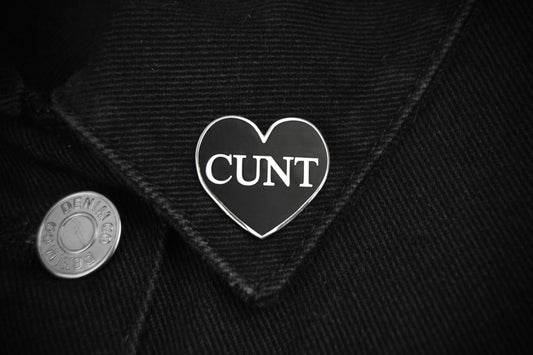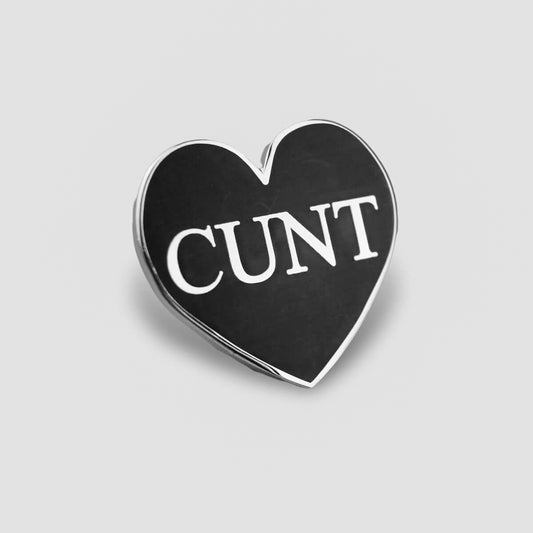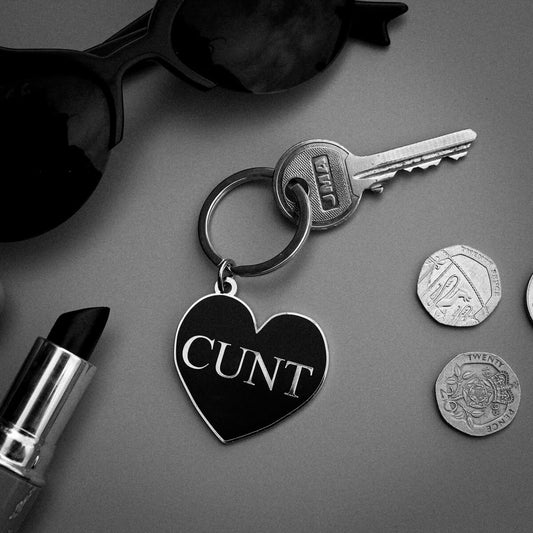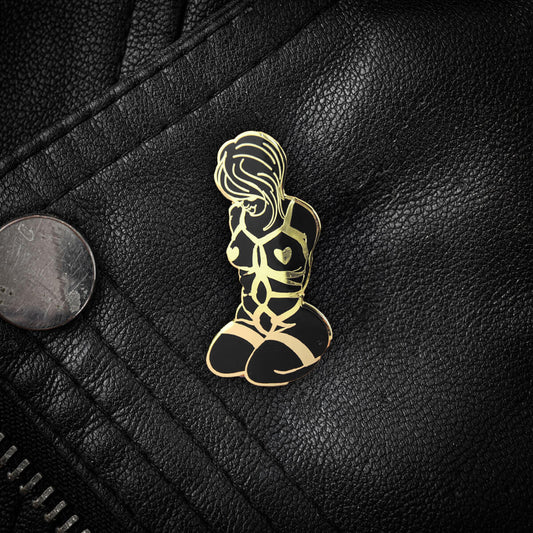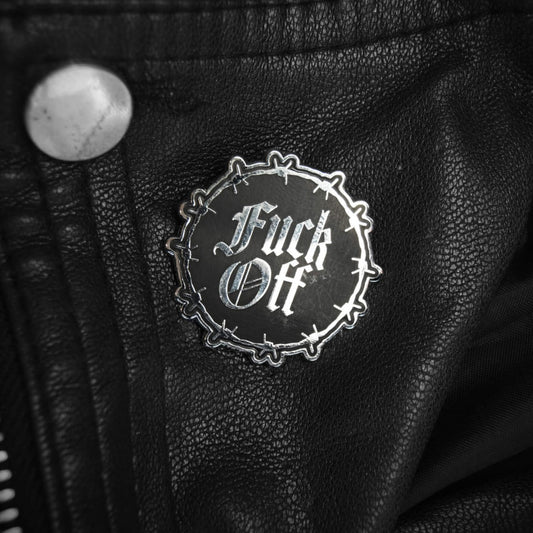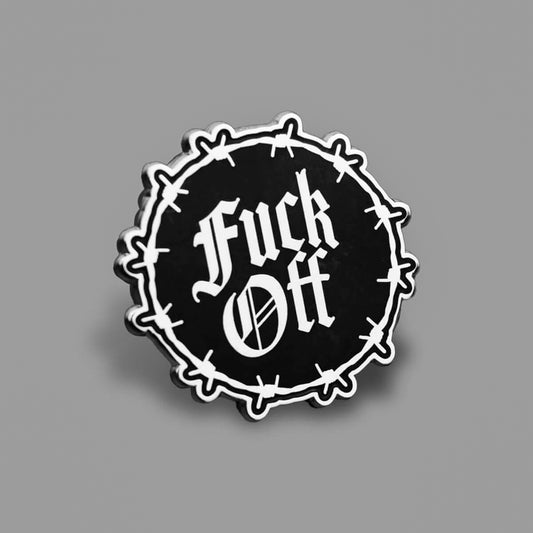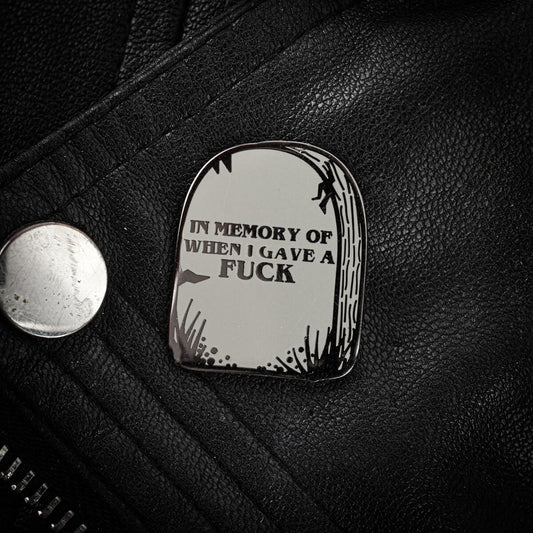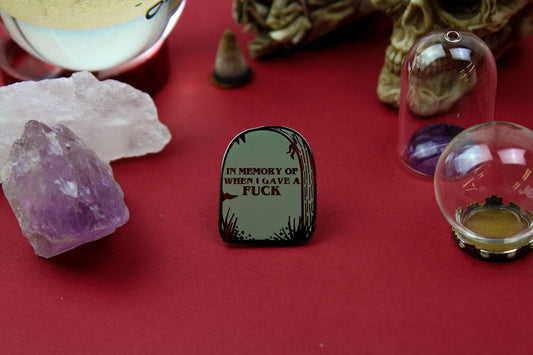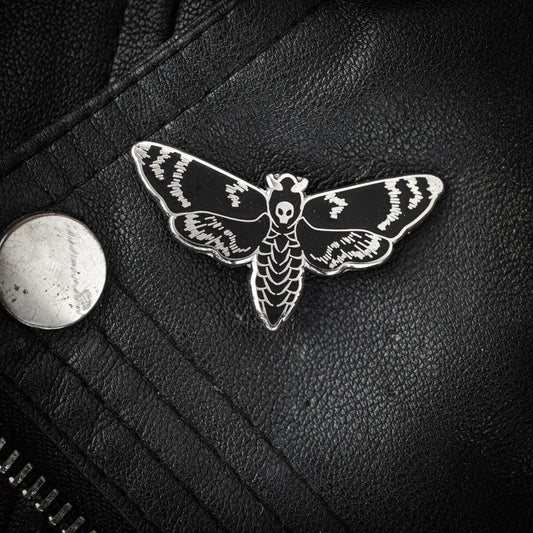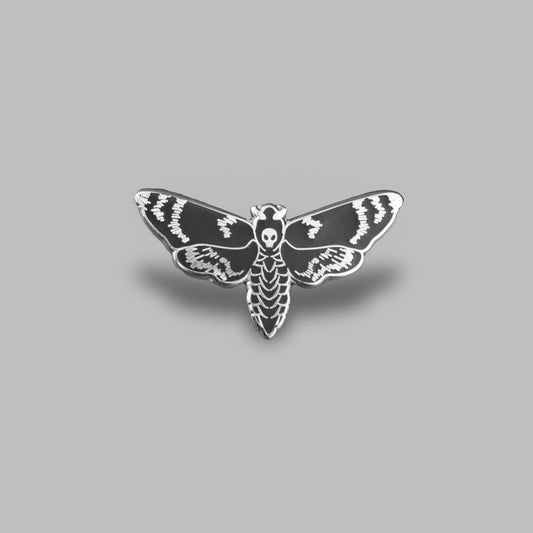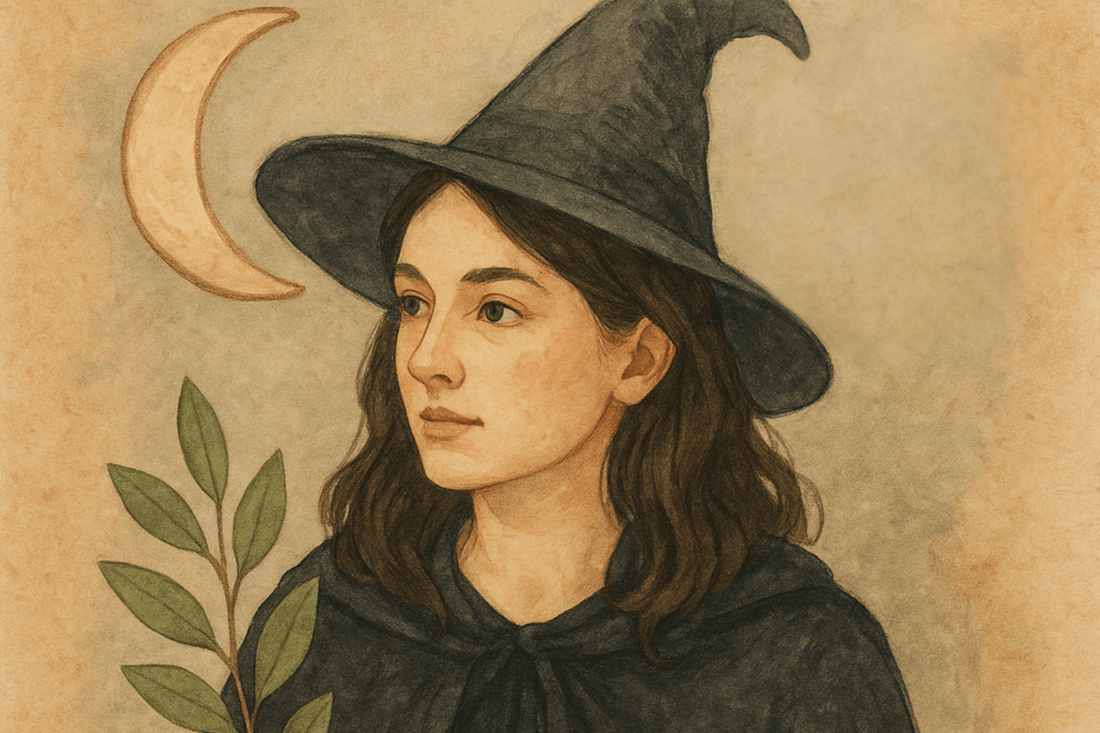
Are Witches Wiccan?
Share
The word witch means different things to different people. For some, it conjures images of broomsticks and black cats; for others, it’s about herbal knowledge, lunar rituals, or quiet spiritual rebellion. Then there’s Wicca - a modern pagan religion often mentioned in the same breath. But are the two actually connected? Are witches Wiccan by default?
The short answer is no, though the overlap is real. Wicca includes witchcraft, but it’s a religion with its own structure, beliefs, and moral code. Witchcraft, on the other hand, is a set of practices that can exist entirely outside any organised faith. It’s possible to be a witch without being religious at all.
This article sorts out the confusion. It explains where Wicca fits in, what makes someone a witch, and why the two get tangled together so often. The goal isn’t to define who gets to use which label - it’s to explain what those labels actually mean.
Key Points:
- Witchcraft is a practice, not a religion – it can be spiritual, secular, or cultural, and doesn’t require belief in any deity or set doctrine.
- Wicca is a modern pagan religion that includes ritual, seasonal festivals, and ethical principles; some Wiccans practise witchcraft, but not all do.
- Not all witches are Wiccan – many follow other traditions or none at all, and use witchcraft in ways that have nothing to do with Wicca.
- Media and pop culture often blur the lines, but in reality, “witch” and “Wiccan” mean different things and shouldn’t be used interchangeably.
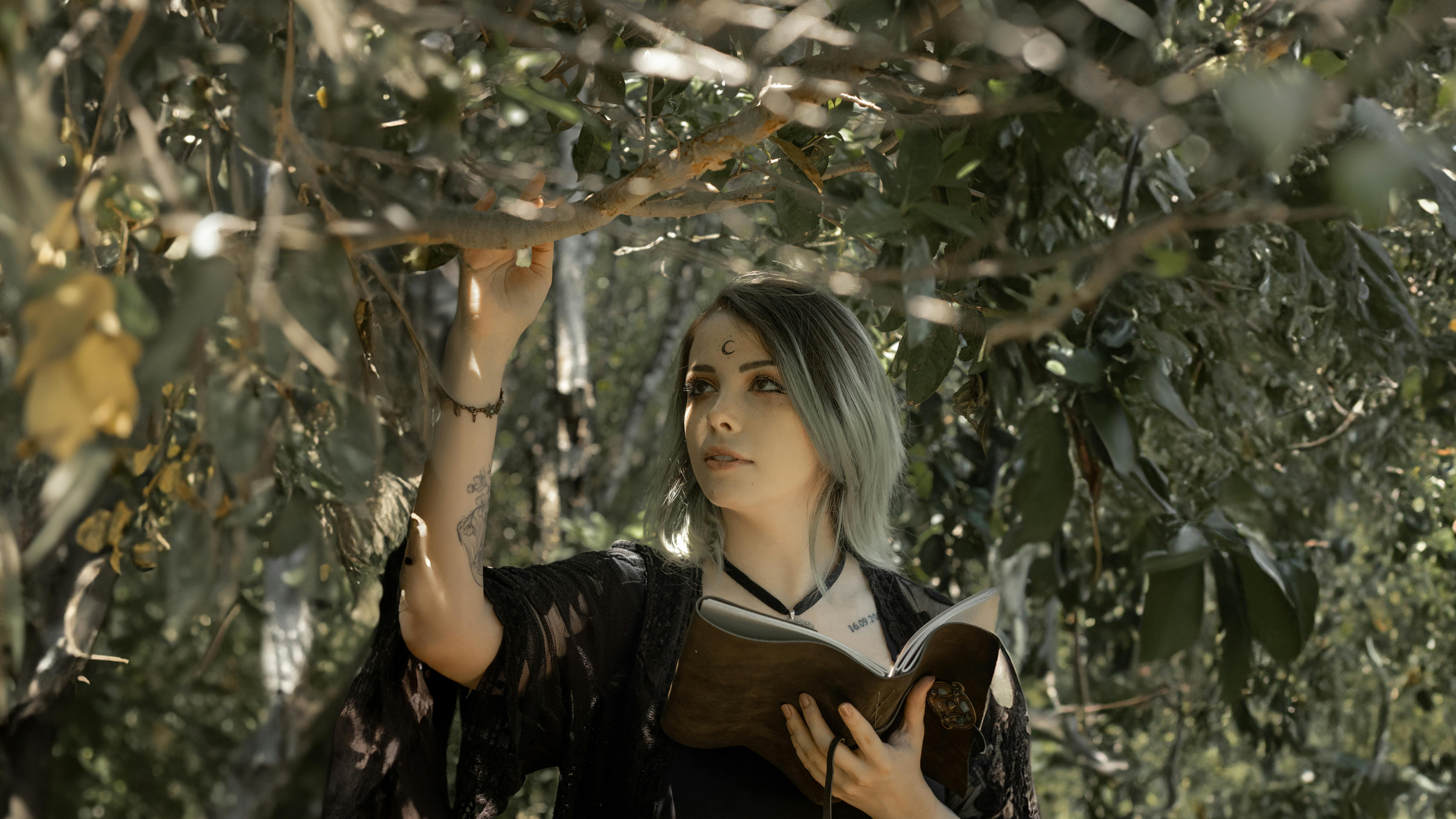
Photo by Leonardo Pavão: https://www.pexels.com/photo/pagan-woman-touching-a-tree-branch-19804848/
What Is a Witch?
A witch is someone who practises witchcraft. That’s the simplest definition, but it opens up a lot of variation. Witchcraft can involve anything from candle spells and tarot readings to spirit work, herbal remedies, weather rituals, or protection charms. Some witches focus on nature. Others lean into ancestor veneration, astrology, or energy work. There’s no single rulebook.
The identity of a witch doesn’t depend on belief in a god, joining a group, or following a set doctrine. In fact, many witches reject religion altogether. Others might blend their practice with Christianity, Buddhism, folk traditions, or even science. For some, it’s cultural. For others, it’s entirely personal.
Historically, the term “witch” has been used to demonise people - mostly women - who operated outside the accepted norms. That could mean healing the sick, living alone, or just being outspoken. The label was often forced onto people as a weapon, especially during periods of fear and religious control. Modern witches have reclaimed the word. It’s now used proudly, though it still makes some people uncomfortable.
Witchcraft today is decentralised. There’s no single authority, no official initiation, and no one way to do it. That flexibility is part of the appeal, but it also makes the term slippery. Some people call themselves witches because they do spells. Others use the word for political reasons, or as a rejection of mainstream culture. It's both a practice and a form of identity - sometimes spiritual, sometimes rebellious, sometimes both.
What Is Wicca?
Wicca is a religion. It was formalised in the mid-20th century, mainly by Gerald Gardner, a British civil servant who claimed to have been initiated into a surviving coven of witches. Whether that origin story is entirely true or not, what matters is that Wicca grew fast. By the 1970s, it had splintered into different branches, each with its own take on ritual, belief, and structure.
At its core, Wicca is a nature-based religion that worships a Goddess and a God, often seen as two halves of a balanced whole. These deities aren’t always taken literally - some Wiccans view them as symbols or archetypes. The point is connection to nature, cycles of life, and personal spiritual growth.
Rituals are central to Wicca. Practitioners often mark the eight sabbats (seasonal festivals like Samhain, Yule, and Beltane) and the monthly full moon (called an esbat). Ceremonies can be elaborate or simple. Some Wiccans work in covens; others practise alone. Tools like athames, wands, pentacles, and chalices show up in formal rituals, but they’re not strictly necessary.
Wicca also has ethical guidelines. The best-known is the Wiccan Rede: "An it harm none, do what ye will." This isn’t a strict rulebook, but more of a guiding principle. There's also the idea of the Threefold Law, which suggests that whatever energy you put into the world - good or bad - comes back to you times three. Not everyone takes that literally, but it’s a common theme in Wiccan circles.
Magic is part of Wicca (note - this is not the same as Magick in occult), but it’s not the whole thing. Wiccan rituals often include spellwork, but that doesn’t mean every Wiccan practises magic daily, or even at all. Some see the religion more as a spiritual framework that brings structure and meaning to their lives. Others are deeply involved in magical practice. It varies. What makes Wicca Wicca is the combination of belief, ritual, and respect for natural rhythms - not just doing spells.
Are All Witches Wiccan?
Not even close. This is where a lot of people get confused, especially online. Wicca is a religion. Witchcraft is a practice. One doesn't require the other. You can absolutely be a witch without ever lighting a Wiccan altar or reading a word of the Wiccan Rede.
There are many kinds of witches who have nothing to do with Wicca. Some follow older folk traditions passed down through families. These are often called traditional witches, and their practices vary by region - think Appalachian granny magic, Italian Stregoneria, or English cunning folk. Others are eclectic witches who mix techniques from different systems based on what works for them. Some identify as atheist witches, using witchcraft in a psychological or symbolic way without any belief in deities at all.
There are also witches who combine their craft with religions that aren’t remotely Wiccan. Christian witches exist, though they’re controversial in both Christian and pagan circles. Some follow animist or ancestral paths rooted in specific cultures. Others might take a strictly scientific approach to their rituals, seeing spellwork as focused intention rather than supernatural force.
It’s important to separate the act from the label. Witchcraft is about doing - not necessarily believing. A person can light a candle, chant a phrase, or charge a crystal without subscribing to any formal religion. They might call themselves a witch because of what they do, not what they worship.
So no, not all witches are Wiccan. In fact, most probably aren’t. Wicca just happens to be the most visible modern religion that openly embraces witchcraft, especially in English-speaking countries. That’s why the terms get muddled. But in practice, witchcraft stretches far beyond Wiccan borders.
Photo by Ksenia Yakovleva on Unsplash
OK, Are All Wiccans Witches?
Not necessarily. This is where things flip. While Wicca includes magical practice, it doesn’t force anyone to take it up. Some Wiccans never cast spells. They follow the seasonal festivals, honour their deities, and meditate or pray, but they don’t call themselves witches. And that’s valid.
Witchcraft sits within Wicca as a tool, not a requirement. Gardner’s original version included ceremonial magic and ritual structure, and later forms kept a lot of that. But Wicca has evolved. Some branches, like Dianic Wicca, focus more on feminist spirituality. Others prioritise environmental ethics or devotional practice. Magic is there if you want it, not compulsory.
You’ll also find Wiccans who believe magic is symbolic rather than literal. For them, a ritual is more like a spiritual exercise than a supernatural act. They might light candles and use incantations, but see the effect as internal - a shift in mindset or emotion. That kind of approach doesn’t always sit comfortably under the label of witchcraft, especially for people who define spells as practical, result-based work.
Age plays a part too. Some older Wiccans, especially those from more traditional covens, avoid the word “witch” entirely. They see it as too broad, too trendy, or too misunderstood. Others avoid it because of their jobs, families, or cultural baggage. Meanwhile, younger Wiccans on social media might call themselves witches first and Wiccans second - or not at all.
In short, being Wiccan doesn’t mean you have to identify as a witch. It means you follow Wicca’s structure, its deities, its festivals, and its ethics. Magic can be part of that, but it isn’t the whole picture. For some Wiccans, the craft is optional. For others, it’s the core. It depends on the person, their path, and how they define the word witch.
Mistakes and Mix-Ups
The biggest mix-up is thinking “witch” and “Wiccan” mean the same thing. That idea has been baked into popular culture for decades. Films, TV shows, and even books aimed at beginners often use the terms interchangeably. It’s easy to see why. Wicca was the most visible face of witchcraft in the West for much of the late 20th century. But visibility isn’t the same as universality.
Another common myth: that witchcraft is always religious or spiritual. It isn’t. Plenty of people treat it like a skill set. They cast protection spells, do energy cleansing, or charge sigils without believing in any gods or afterlife. Others might be spiritual but not religious - they follow intuition, astrology, or natural cycles without committing to a structured belief system. That’s why assuming all witches are Wiccan doesn’t hold up.
Some people also believe that witchcraft must involve nature worship. While nature is central in Wicca, it’s not a required theme in witchcraft. A kitchen witch might focus entirely on food and domestic routines. An urban witch might work with local energy, electricity, or even traffic patterns. The idea that witches need forests and moonlight is more aesthetic than fact.
Social media hasn’t helped. TikTok and Instagram are full of “baby witches” sharing spells, crystals, and altar setups - often blending Wiccan ideas with generic New Age content. This has created a mash-up of terms that newer practitioners sometimes take at face value. The result: Wicca looks like the default religion for witches, when in reality, it’s just one option.
There’s also a misunderstanding around what counts as “real.” Some believe that unless you were trained in a coven or initiated into a lineage, you can’t be a proper witch. Others think Wicca is the only legitimate path. Both ideas are outdated. Today’s landscape is wide open. People learn from books, online communities, family traditions, or personal experience. There’s no single route in.
What all this means is that assumptions are risky. Calling someone a Wiccan because they practise witchcraft might be wrong. Assuming a Wiccan identifies as a witch could also be off the mark. The terms need to be used carefully - because not everyone wears them the same way.
In Conclusion
Witch and Wiccan aren’t interchangeable. One is a practice; the other is a religion. Yes, there’s overlap. Some Wiccans call themselves witches, and many witches have drawn from Wiccan traditions. But that doesn’t mean they’re the same thing.
Plenty of witches don’t follow Wicca. They might practise folk magic, chaos magic, secular spellwork, or something completely improvised. Some mix traditions. Some reject labels entirely. On the other side, Wiccans might engage with ritual, honour seasonal festivals, and follow the Wiccan Rede without casting a single spell or identifying as witches.
The confusion mostly comes from visibility. Wicca was the most public form of witchcraft in the West for decades, so it became shorthand. But things have shifted. The witchcraft landscape today is broader, messier, and far more personal than most people realise.
So, are witches Wiccan? Some are. Most aren’t. And that’s fine. The important thing is to respect how people choose to identify - and not to assume one label covers everyone.
